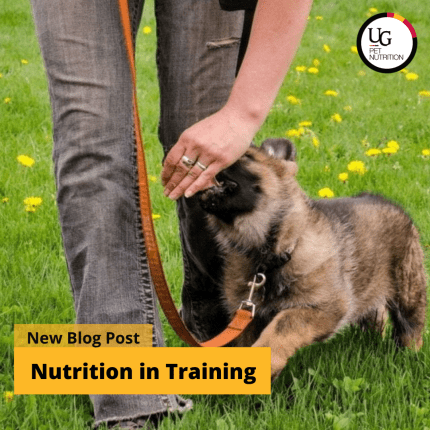How do you feed your pet?

Does your pet gobble down their food and beg for more? Do they wake you up early every morning wanting breakfast? Are they displaying other destructive or disruptive behaviours? Changing how you feed can help both you and your pet by slowing food consumption, encouraging them to use their brain to solve problems, and alleviating boredom.


















































